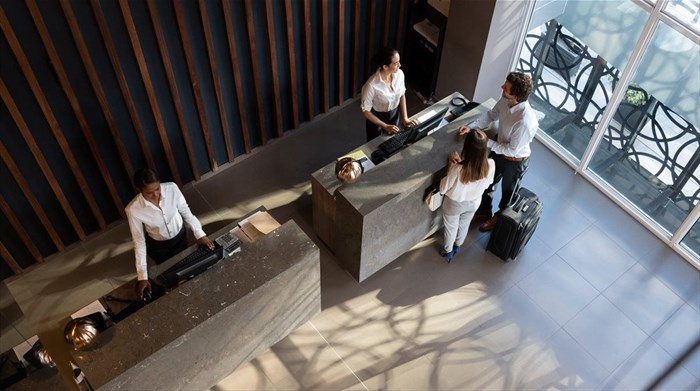






This according to a report by hotel management software company, RoomRaccoon, which monitored the occupancy of more than 4,500 rooms at boutique hotels, B&Bs, and guesthouses across the country.
Niels Verspui, country manager of RoomRaccoon South Africa, says: "South Africa accommodation providers will feel encouraged by these latest figures, which highlight the extent to which the country is recovering after the pandemic. The positive news confirms that South Africa’s demand is not limited to one particular season, but rather that it has enduring resilience, having stayed above the national occupancy average since October 2021."
RoomRaccoon statistics saw that occupancy was driven by both international and domestic guests. However, domestic travellers dominate the market with over 72% of bookings coming from within the country.
"Although international guest occupancy is rising, hoteliers must not be complacent," says Verspui. "Domestic travellers remain an important factor in the strong hotel booking numbers that South Africa is witnessing in the run-up to the winter season and hoteliers must ensure that they continue to cater to both domestic business and leisure travel so as not to leave money on the table."
This last month saw a host of in-person events and Indabas happen across the country, including the Mining Indaba in Cape Town and the Africa Travel Indaba in Durban. "With B-Leisure travel becoming more popular, we can assume that the return of in-person events has complemented leisure-related activity in the country," he comments.
For Verspui, it is important that hoteliers look at the role technology can play in helping to attract more bookings, streamline operations, increase profitability and improve the guest experience.
Niels emphasises the importance of upgrading outdated systems to meet evolving guest expectations: "Guest expectations have changed for good and amenities like free and reliable WiFi are now standard requirements rather than 'nice-to-haves'."
RoomRaccoon statistics saw weekday occupancy levels for accommodation establishments steadily rise to 46% in May. However, weekends saw a surge in occupancy, peaking at 67% on the 7th of May.
"Independent properties and medium-sized hotels should consider using a Hotel Management System (HMS) with yield management tools that can understand, anticipate and influence consumer behaviour to achieve maximum revenue and profit, especially over busy periods such as weekends and holidays," he comments.
Niels recommends that hotels capitalise on increased occupancy by creating attractive packages for guests: "Hotels can upsell hotel amenities, add-ons and activities through unique packages to generate more revenue and increase guest satisfaction."